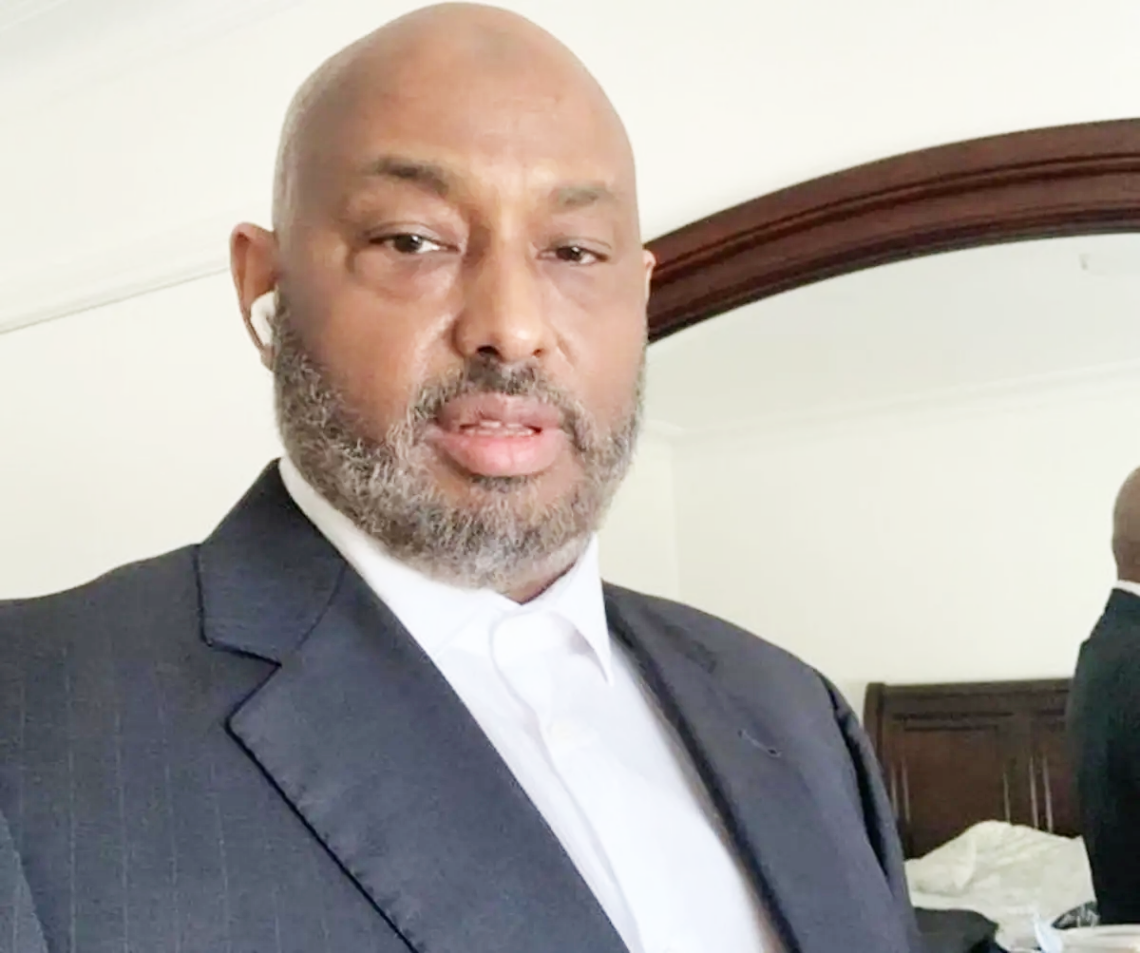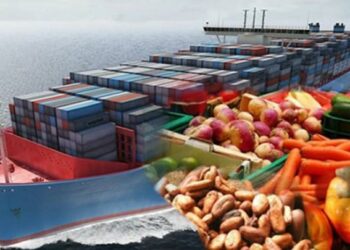Despite the effort of the government to curb the menace of substandard products, they still find their way into the Nigerian market.
The Standard Organisation of Nigeria (SON) is a body given the responsibility of ensuring that products manufactured within the country and products imported meet quality standards. This is to safeguard the health and safety of the citizens of the country. This body works hand- in- hand with National Agency for Food and Drug Administration and Control (NAFDAC) and the Nigerian Customs Service (NCS) to evaluate products being brought into the country and those produced within.
It has been reported that Nigeria loses about N200 billion to fake goods annually and the Country has been ranked among the world’s highest market for fake and substandard goods.
Fake and substandard products span all categories of items from drugs, electrical, electronic household appliances, building materials, tyres and tubes, automobiles, machine spare parts, food and machines to mention a few. They all find their way into the Nigerian market.
These bodies should stand up to the task of sensitising the public especially those in the rural communities on which goods to buy and how to confirm their authenticity. They should tighten their checks on imported goods at the ports before they are distributed because it is almost impossible to stop the harm when they are in the market. The steady influx of substandard tyres, spare parts and drugs has caused great harm to the people of Nigeria.
It has been stated that SON, NAFDAC and Customs need highly-trained personnel as activities of those involved in substandard products are becoming more technical. The establishment and equipping of more laboratories should reduce the workload on existing ones. This will enable effective and efficient testing of goods.
Worried by the level of import of substandard goods into the country, the director-general of the Standards Organization of Nigeria (SON), Mallam Farouk Salim, said that Nigeria cannot survive if her citizens continue to bring in substandard products into the country.
Salim stated this at a stakeholders’ sensitisation forum held in Lagos recently with the theme: ‘Standards Saves Lives, Grow Economy,’ observed that substandard goods destroy the local factories and industries.
He pointed out that most importers import products that are either deliberately or indeliberately substandard into the country only for them to find out that such products are not acceptable in the country saying, “I know how painful it is when we have to destroy them or when we have to delay you to make those products better.”
The chief executive officer, Centre for the Promotion of Private Enterprise (CPPE), Dr Muda Yusuf, said the influx of fake products into the country has done enormous damage to our manufacturing sector and the economy as a whole, adding that it creates unfair competition, because these substandard products are cheaper; it creates reputational issues for leading local brands as they are more vulnerable.
According to Yusuf, they also portend great danger to the integrity of buildings and bridges because of the risk of using substandard construction materials. There is also the risk of fire incidents where substandard electrical cables are used. The real and potential damages are very significant.
To curb the incidents of fake and substandard products, he said “the capacity of the SON should be strengthened through better funding technology, personnel, logistics and above all intelligence.
“Cooperation of stakeholders with SON is imperative. SON operatives cannot be everywhere, but citizens support the organisation by volunteering useful information and strengthen their intelligence.
“Other agencies of government need to cooperate with SON to achieve its objectives. The Cooperation of the Nigerian Customs Service is very critical for the achievement of SON objectives.”
In textile industry, director-general of the Nigerian Textile Manufacturers Association and Nigerian Textile, Garments and Tailoring Employers Association, Hamma Kwajaffa, said operators in the Nigerian textile industry have recounted their experiences at the hands of counterfeiters.
He acknowledged that the sector is the third largest in Africa in the early 1980s, the textile sector and boasted over 180 vibrant textile mills, providing over one million direct and indirect jobs and with a capacity of 60 per cent in West Africa.
According to Kwajaffa, even in those days of the boom in the industry, counterfeiters employed various tricks to produce cheaper fabrics and drive Nigerian operators out of business.
“They were very smart and their products were two times cheaper than the ones we produce in Nigeria. When a manufacturer spins 5,000 meters of thread, for instance, the fakers will spin 2,000 meters and inflate it. If we are selling our own for N120 for 5,000 meters, they will sell their own for N80 for 2,000 meters. So, when customers want to buy, they will not know that the two are not equal. Nigerians like cheap article; they do not care if it is substandard.”





